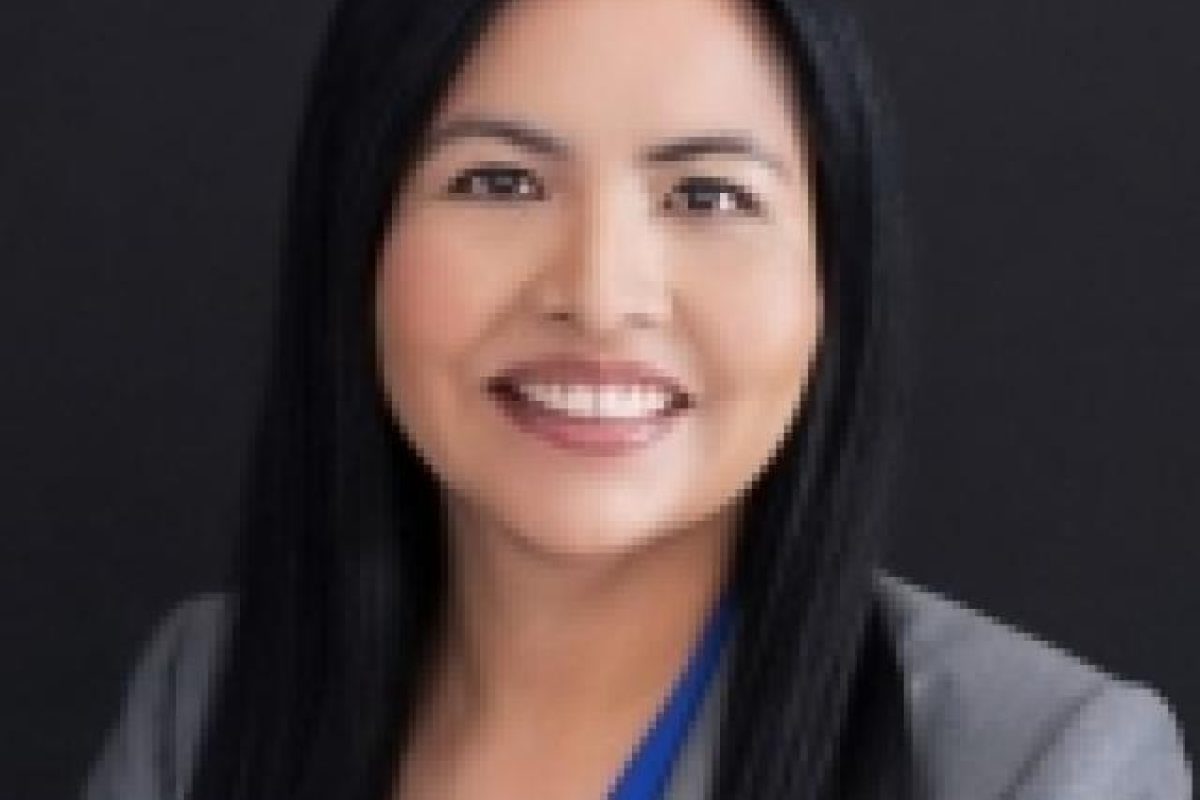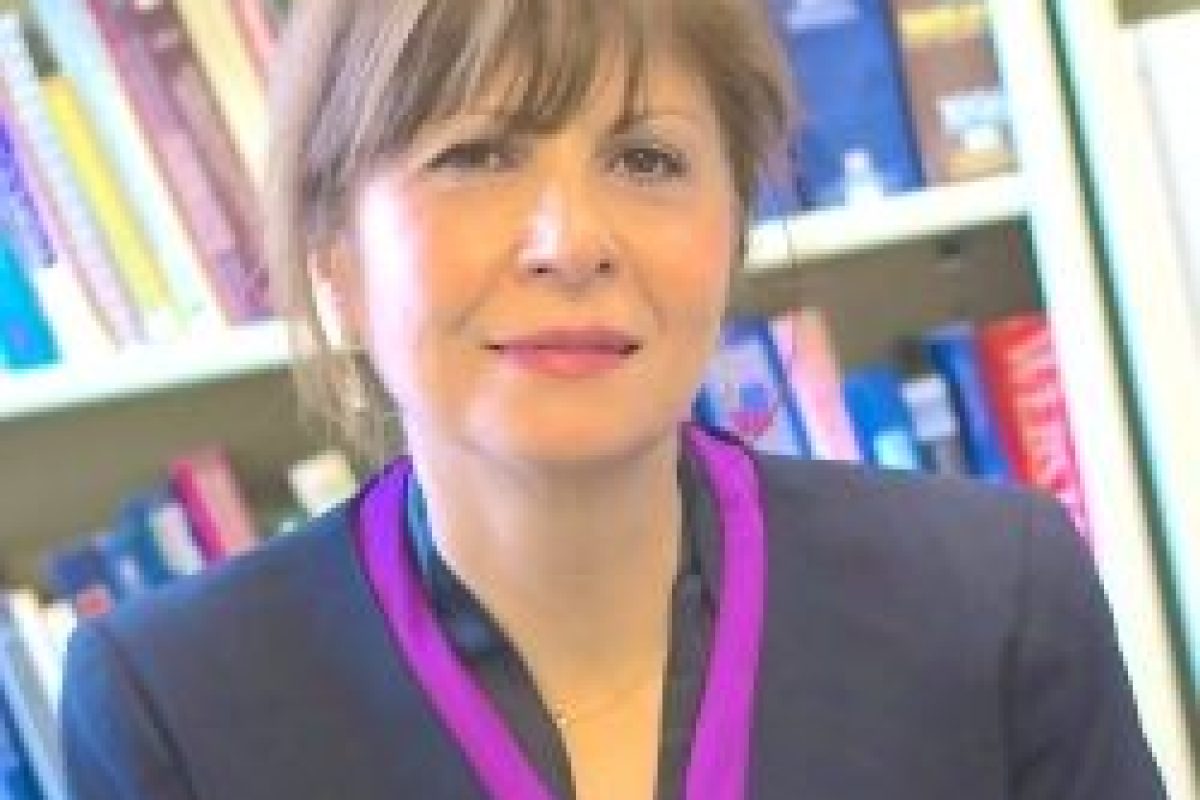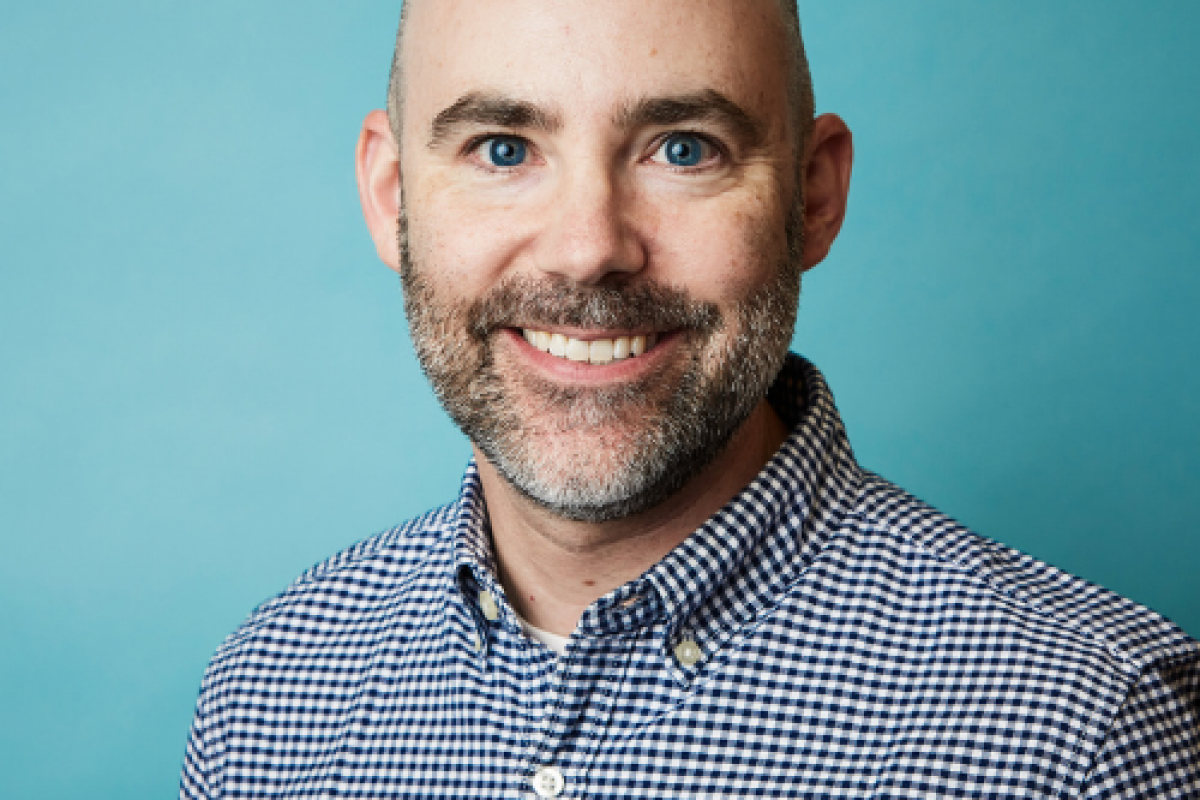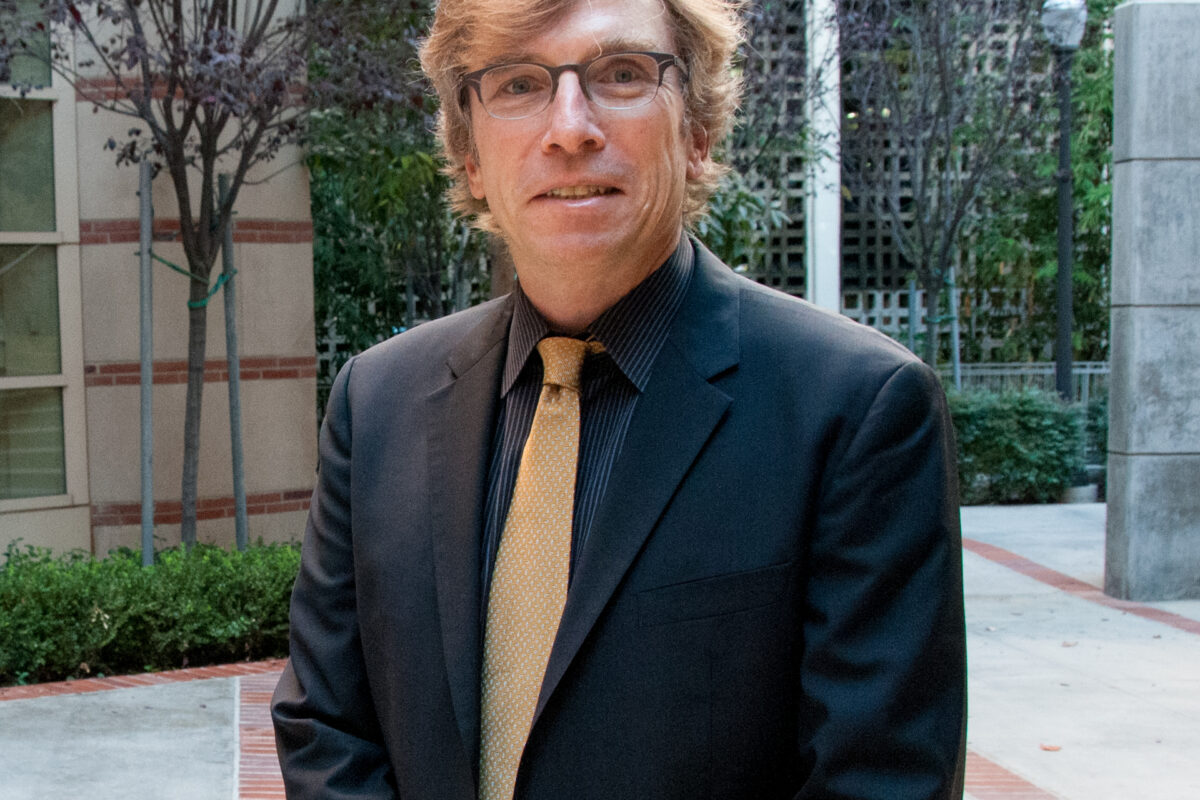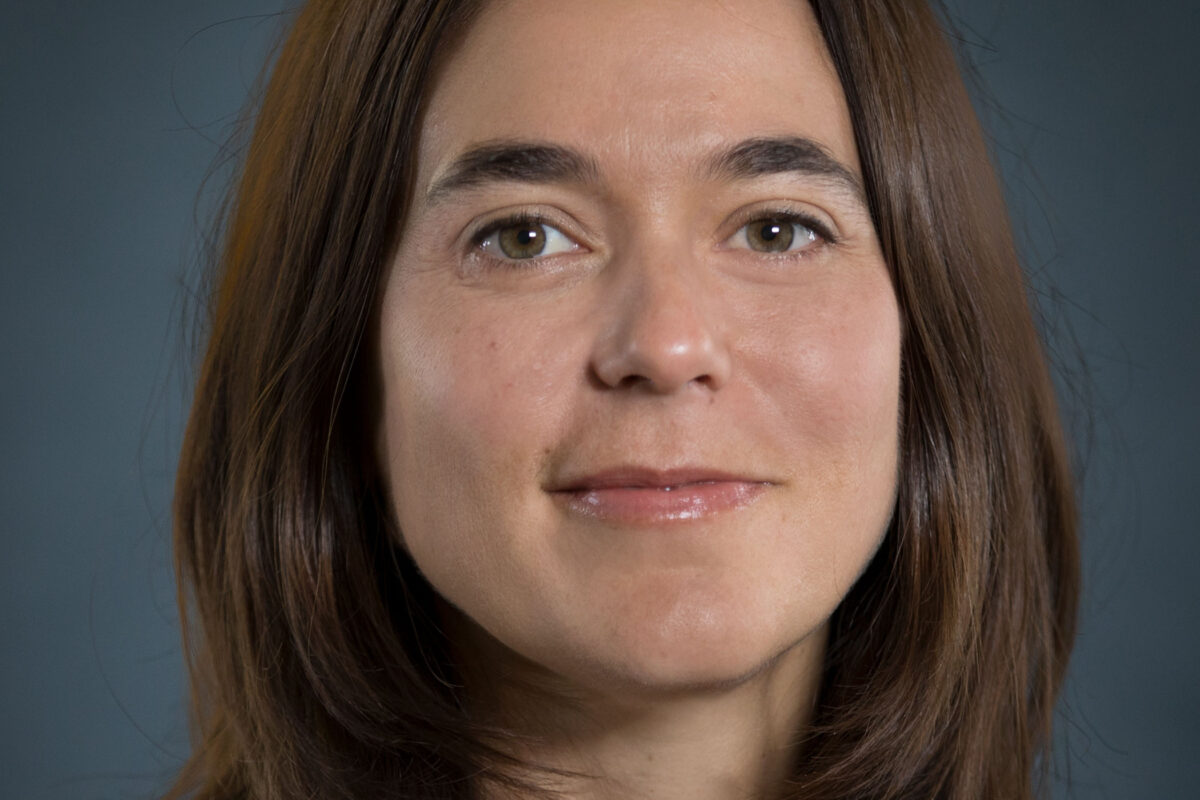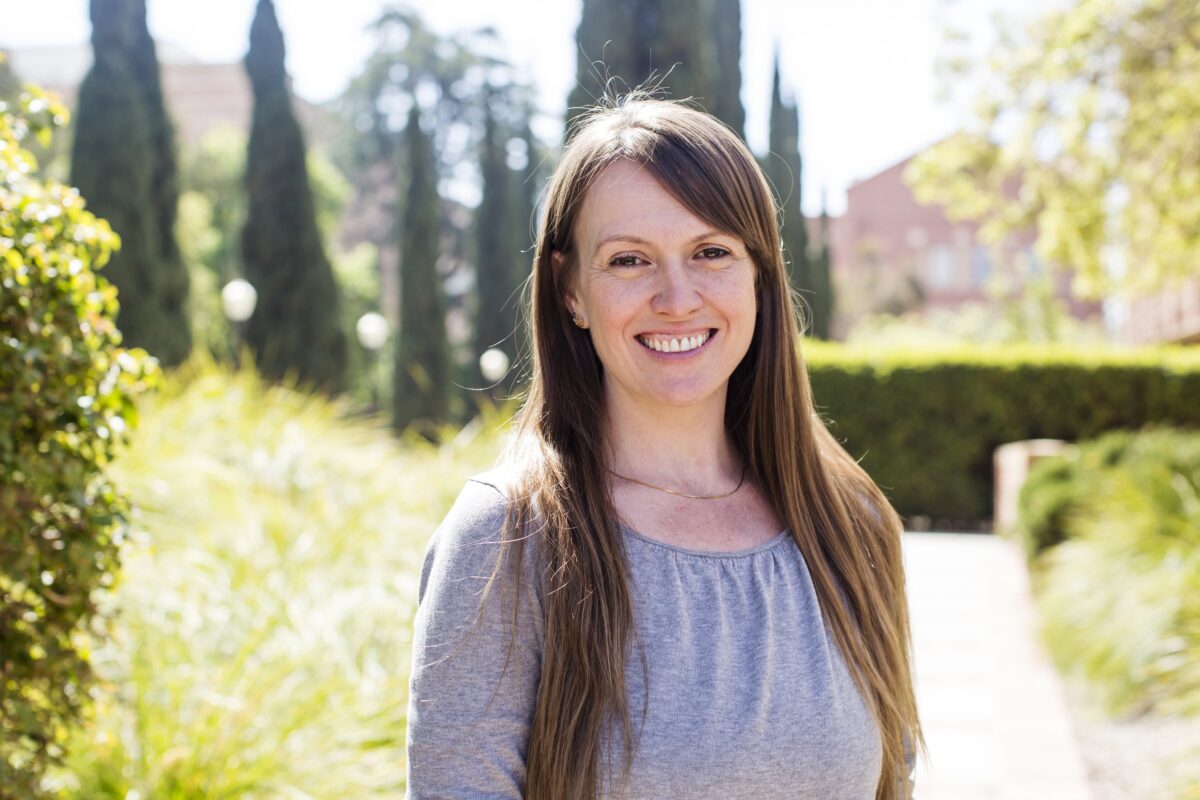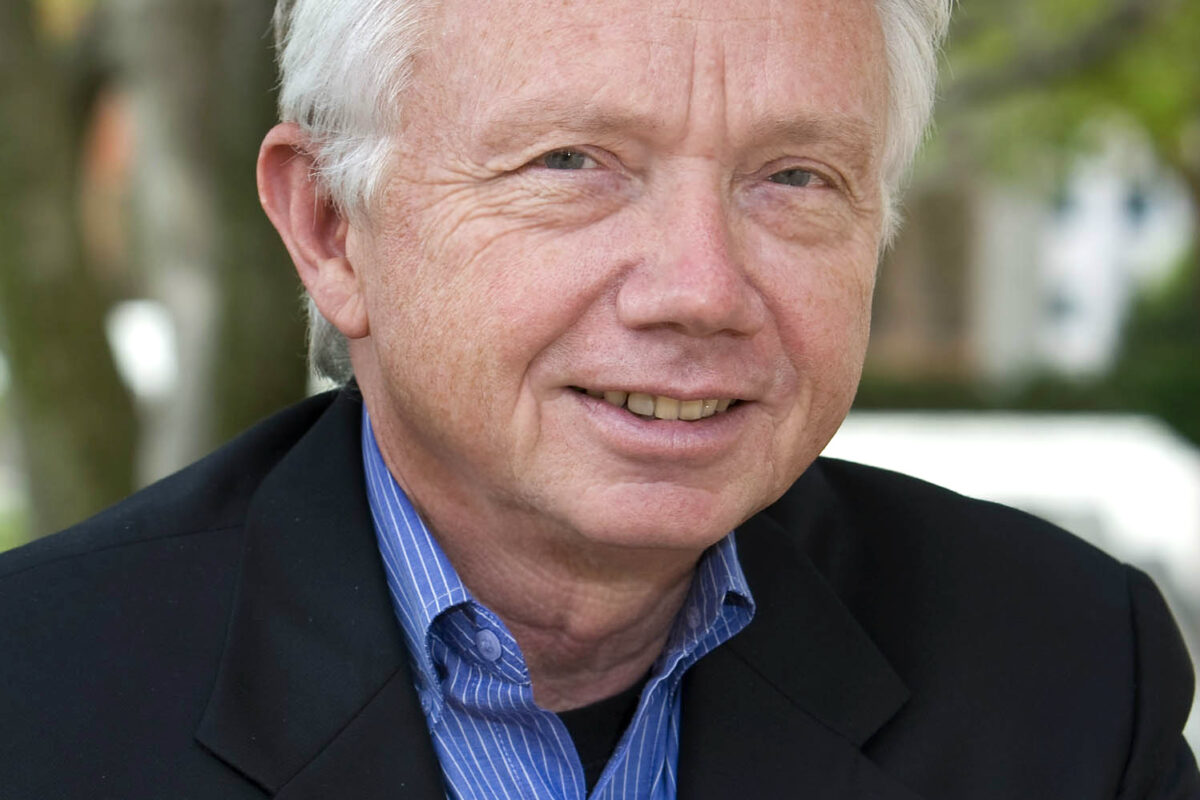Christine Samuel-Nakamura worked for multiple years in several Indian Health Service (IHS) and tribal hospitals/clinics as a nationally board certified Family Nurse Practitioner (FNP). A portion of her clinical work focused on chronic health conditions such as diabetes, renal failure, autoimmune disorders, and cancer. Her clinical work with these chronic health conditions led her to contemplate whether there is a connection between these chronic conditions and the community environment. These hypotheses ultimately led to her research question and work examining environmental contamination from U and other heavy metals. Dr. Samuel-Nakamura received her doctorate from UCLA and her dissertation study focused on U and associated heavy metals in the food chain on the Diné (Navajo) reservation. Her postdoctoral work examined U and heavy metals in a common AI herbal tea plant. Before joining the UCLA SON, Dr. Samuel-Nakamura was a Lecturer in the UCLA Interdepartmental Program in American Indian Studies (IDP-AIS). She is a member of the Diné Nation.
Kevin Riley is the Director at LOSH. With over a decade of experience conducting worker- and community-engaged research and worker training initiatives, he leads LOSH efforts to investigate job hazards among workers in various industries and sectors, with the goal of informing public policy and improving workplace health and safety programs. His work has examined the injury experiences of workers in the low-wage labor market, community-level associations between heat-related hospitalizations and outdoor work, and workers’ compensation eligibility and access among residential day laborers and domestic workers. His interests also include the history of occupational safety and health policies and activism.
Kevin serves as principal investigator for the Western Region Universities Consortium (WRUC), a partnership of four university-based hazardous materials (HAZMAT) training programs funded by the National Institute of Environmental Health Sciences (NIEHS) Worker Training Program. In this role, he has led training initiatives on infectious disease hazards for healthcare workers in California as well as several projects to evaluate the impacts of HAZMAT training on workers and managers.
He holds a PhD in sociology and a master’s in public health, both from UCLA.
Additional Publications:
Kevin Riley, Jennifer Nazareno, and Sterling Malish. 24-Hour Care: Work and Sleep Conditions among Migrant Filipino Live-in Caregivers in Los Angeles. American Journal of Industrial Medicine, 59(12), 1120-1129, 2016.
Kevin Riley and Doug Morier. Patterns of Work-Related Injury and Common Injury Experiences of Workers in the Low-Wage Labor Market. Report to the Commission on Health and Safety and Workers’ Compensation, California Department of Industrial Relations. Los Angeles: UCLA Labor Occupational Safety and Health Program. 2015.
Kevin Riley, Carol Rice, Mitchel Rosen, Craig Slatin, Linda Alerding, Jane Fleishman, B. Louise Weidner, and Linda Delp. Managers’ Perceptions of the Value and Impact of HAZWOPER Worker Health and Safety Training. American Journal of Industrial Medicine, 58(7): 780-787, 2015.
Linda Delp and Kevin Riley. Worker engagement in the health and safety regulatory arena under changing models of worker representation. Labor Studies Journal, 40(1): 54-83, 2015.
Kevin Riley. Driving on speed: Long-haul truck drivers and amphetamines in the postwar period. Labor: Studies in Working-Class History of the Americas, 11(4): 63-90, 2014.
Linda Delp, Kevin Riley, Sarah Jacobs, Diane Bush, Kathy Kirkland, Ingrid Denis, Matt London, and Robert Harrison. Shaping the future: Ten years of the Occupational Health Internship Program. New Solutions, 23(2) 253-281, 2013.
Kevin Riley. Health and safety. Entry for SAGE Sociology of Work Encyclopedia, Vicki Smith and J. Geoffrey Golson (eds.), 2013.
Kevin Riley, Linda Delp, Deogracia Cornelio, and Sarah Jacobs. From agricultural fields to urban asphalt: The role of worker education to promote California’s Heat Illness Prevention Standard. New Solutions, 22(3) 297-323, 2012.
Paul Landsbergis, Joseph Grzywacz, Anthony LaMontagne, Carles Muntaner, Joan Benach, Jane Lipscomb, Jeffrey Johnson, Peter Schnall, Kevin Riley, Ellen Rosskam, and Jennifer Zelnick. Work Organization, Job Insecurity, and Occupational Health Disparities. Issue Paper for Discussion at the Eliminating Health and Safety Disparities at Work Conference, Chicago, Illinois, September 14 and 15, 2011.
Kevin Riley and Lauren Appelbaum. OSHA at 40: Looking Back, Looking Ahead. UCLA Institute for Research on Labor and Employment, Research & Policy Brief No. 8, April 2011.
Dr. Michael Jerrett is an internationally recognized expert in Geographic Information Science for Exposure Assessment and Spatial Epidemiology. He is professor and chair of the Department of Environmental Health Sciences in the Fielding School of Public Health at UCLA. Dr. Jerrett earned his PhD in Geography from the University of Toronto (Canada). For the past 15 years, Dr. Jerrett has researched how to characterize population exposures to air pollution and built environmental variables, how to understand the social distribution of these exposures among different groups (e.g., poor vs. wealthy), and how to assess the health effects from environmental exposures. Over the decade, Dr. Jerrett has also studied the contribution of the built and natural environment to physical activity, behavior and obesity. In 2009, the United States National Academy of Science appointed Dr. Jerrett to the Committee on “Future of Human and Environmental Exposure Science in the 21st Century.” The committee recently concluded its task with the publication of a report entitled “Exposure Science in the 21st Century: A Vision and a Strategy.” In 2013, the U.S. Environmental Protection Agency appointed Dr. Jerrett to the Clean Air Scientific Advisory Sub-Committee for Nitrogen Oxides. In 2014, Dr. Jerrett was named to the Thomson Reuters List of Highly Cited Researchers, indicating he is in the top 1% of all authors in the fields of Environment/Ecology in terms of citation by other researchers.
Select Publications:
Cushing LJ, K Vavra-Muser, K Chau, M Franklin, JE Johnston, “Flaring from unconventional Oil and Gas Development and Birth Outcomes in the Eagle Ford Shale in South Texas”, Environmental Health Perspectives (2020) 128(7): 770031-770039, PMCID: PMC7362742, doi: 10.1289/EHP6394
Johnston, J.E., K. Chau, M. Franklin, L. Cushing, “Environmental Justice Dimensions of Oil and Gas Flaring in South Texas: Disproportionate Exposure among Hispanic communities”, Environmental Science & Technology (2020), PMID: 32338877, doi: 10.1021/acs.est.0c00410
Johnston, J., and Cushing, L., “Chemical exposures, health, and environmental justice in communities living on the fenceline of industry”, Current Environmental Health Reports (2020), PMCID: PMC7035204, doi: 10.1007/s40572-020-00263-8
Yang, J., L. Cushing, R. Morello-Frosch, “An Equity Analysis of Clean Vehicle Rebate Programs in California”, Climatic Change (2020) doi: 10.1007/s10584-020-02836-w
Cushing L., Blaustein-Rejto D., Wander M., Pastor M., Sadd J., Zhu A., Morello-Frosch R. “Carbon trading, co-pollutants, and environmental equity: Evidence from California’s cap-and-trade program (2011–2015)”, PLOS Medicine (2018) 15(7): e1002604, PMCID: PMC6038989, doi: 10.1371/journal.pmed.1002604
Cushing, L., J. Faust, L. August, R. Cendak, W. Wieland and G. Alexeeff, “Racial/ethnic disparities in cumulative environmental health impacts in California: evidence from a state-wide environmental justice screening tool (CalEnviroScreen 1.1)”, American Journal of Public Health (2015) 105(11): 2341-2348, PMCID: PMC4605180, doi: 10.2105/AJPH.2015.302643
Cushing, L., R. Morello-Frosch, M. Wander and M. Pastor, “The Haves, the Have-nots, and the Health of Everyone: The Relationship between Social Inequality and Environmental Quality”, Annual Review of Public Health (2015), 18(36): 193-209, PMID:25785890, doi: 10.1146/annurev-publhealth-031914-122646
Christina’s immersion in creating sustainable urban environments spans the last decade and globe, including work on housing, transportation and food systems in North and South America. A student of urban planning and practitioner of public health, Christina’s career functions at the intersection of two increasingly interdependent disciplines. She earned her Bachelor of Science in City and Regional Planning from California Polytechnic State University at San Luis Obispo and joint Masters degrees in Public Health and Latin American Studies from UCLA. She currently contributes to a variety of projects addressing environmental health in the fields of transportation, agriculture and decision-science. In her role as Outreach Coordinator for COEH, she manages web and social media presence, curates videos and articles, hosts bi-annual educational symposia, and helps to connect the research, service and training of COEH to the general public.
Richard Jackson is a Professor at the Fielding School of Public Health at the University of California, Los Angeles. A pediatrician, he has served in many leadership positions in both environmental health and infectious disease with the California Health Department, including the highest as the State Health Officer. For nine years he was Director of the CDC’s NationalCenter for Environmental Health in Atlanta and received the Presidential Distinguished Service award. In October, 2011 he was elected to the Institute of Medicine of the National Academy of Sciences.
While in California he was instrumental in conceptualizing laws to reduce risks from pesticides, especially to farm workers and to children. While at CDC he was a national and international leader, including leading the federal effort to “biomonitor” chemical levels in the US population. He has received the Breast Cancer Fund’s Hero Award, as well as Lifetime Achievement Awards fromthe Public Health Law Association, and the New Partners for Smart Growth. In October, 2012 he received the John Heinz Award for Leadership in the Environment.
Dick Jackson co-authored two Island Press Books: Urban Sprawl and Public Health in 2004 and Making Healthy Places in 2011. He is host of a 2012 public television series Designing Healthy Communities which links to the J Wiley & Sons book by the same name. He has served on many environmental and health boards, as well as the Board of Directors of the American Institute of Architects. He is an elected honorary member of both the American Institute of Architects and the American Society of Landscape Architects.

